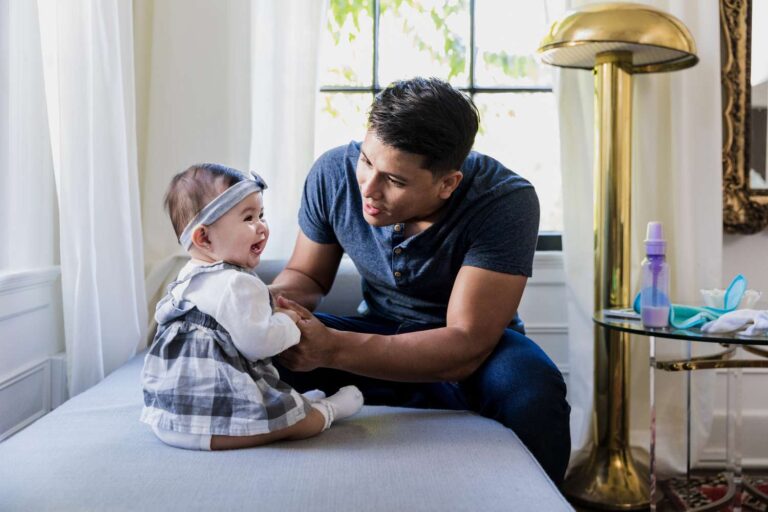Encouraging your baby first words is a crucial milestone in their development. This period is not just about hearing those adorable sounds but also about setting the foundation for their future communication skills.
As a parent, you have the unique opportunity to guide and nurture your baby first words through simple, effective practices. By focusing on specific strategies tailored to your baby needs, you can help them transition from babbling to meaningful speech.
Understanding how to support your baby first words will not only aid their language development but also deepen your connection with them.
Now, let’s explore the 7 best practices to guide your baby toward their first words.
- Start early with real words.
- Focus on joint attention.
- Keep language simple and repetitive.
- Use developmentally appropriate words.
- Model speech sounds.
- Create opportunities to communicate.
- Encourage babbling and sound imitation.
1. Start Early with Real Words
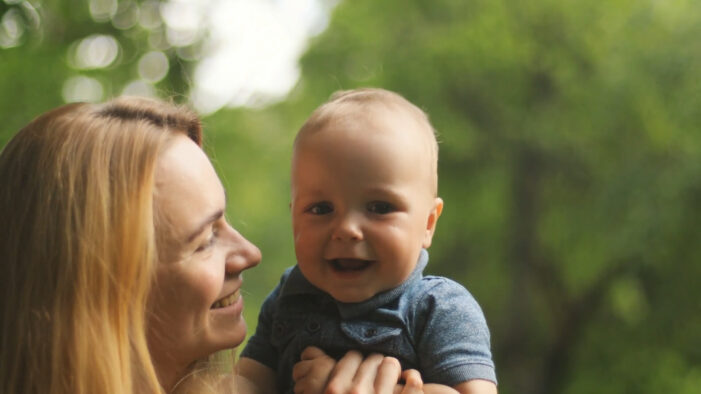
One of the most effective ways to encourage your baby first words is by starting early and using real words from the very beginning. Even before your baby is capable of speaking, they are absorbing the language and sounds around them. This early exposure to real words is crucial in laying the foundation for their language development.
Why Start Early?
Babies begin learning language from the moment they are born. By the time they reach a few months old, they start recognizing familiar sounds, including the voices of their parents. By consistently using real words in your everyday interactions, you help your baby associate sounds with specific meanings. This early exposure not only familiarizes them with language patterns but also stimulates their cognitive development.
Examples
- Daily Activities: While feeding your baby, say words like “milk,” “spoon,” and “cup.” For example, “Here is your cup” or “Would you like more milk?” Repetition of these words during routine activities helps your baby make connections between the word and the object or action.
- Naming People and Objects: Use the names of people and objects around the house frequently. For instance, when your baby sees a family member, you can say, “Look, it is Daddy,” or “This is your teddy bear.” These are words your baby will hear often, and they are likely to try repeating them as they start talking.
- Interactive Play: While playing with toys, name the toys and describe what is happening. For example, if your baby is playing with a ball, you can say, “The ball is rolling,” or “Can you see the ball?” Such interactions keep the experience engaging and educational.
2. Focus on Joint Attention
Joint attention is a critical skill that plays a significant role in helping your baby develop their first words. It involves getting your baby to focus on the same object or event that you are paying attention to. This shared focus allows your baby to connect the words you say with the things they see, laying the groundwork for language learning.
Why is Joint Attention Important?
Joint attention is essential because it teaches your baby to follow your lead in communication. When you point to an object and name it, your baby learns to associate the word with the object. This skill is a precursor to understanding and using words because it helps your baby understand that words represent things in their environment.
Examples
- Pointing to Objects: When you are out for a walk, point to a tree and say, “Look at the tree.” Encourage your baby to look where you are pointing. This helps them learn to connect the word “tree” with the object you are showing them.
- Reading Books Together: Choose books with large, colorful pictures. As you read, point to the images and name them. For example, point to a picture of a cat and say, “This is a cat.” Your baby will start to focus on the images and connect them with the words you are using.
- Playing with Toys: While playing with your baby, hold up a toy and name it. Say, “This is a ball,” while making sure your baby is looking at the ball. You can also encourage your baby to reach for the toy, reinforcing their understanding of the word.
3. Keep Language Simple and Repetitive
Using simple and repetitive language is a powerful way to encourage your baby first words. Babies learn through repetition, and when you consistently use the same words in similar contexts, it helps your baby understand and eventually mimic those words.
Why Keep Language Simple and Repetitive?
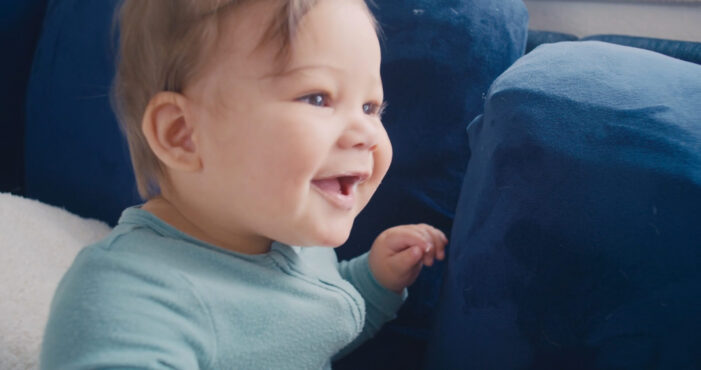
Babies are just beginning to learn how to process and produce language, so using complex sentences or a wide variety of words can be overwhelming. Simple, repetitive language makes it easier for them to grasp the meaning of words and phrases. By hearing the same words repeatedly in different situations, your baby can start to recognize patterns in language, which is crucial for early speech development.
Examples
- Daily Routines: During routine activities like meal times, use simple phrases and repeat them regularly. For example, you might say, “Time to eat” or “Here is your spoon” every time you feed your baby. Consistency helps your baby associate these phrases with the activity.
- Naming Actions: When performing everyday actions, such as dressing your baby, use simple words repeatedly. For instance, while putting on shoes, you could say, “Shoe on” or “Shoe off” each time. This repetition helps your baby link the words to the actions.
- Interactive Games: Play simple games like peek-a-boo, using the same words every time. Saying “Peek-a-boo” each time you reveal your face teaches your baby to anticipate the word and the action, reinforcing their understanding and memory of the word.
4. Use Developmentally Appropriate Words
Choosing words that are developmentally appropriate for your baby is essential in helping them form their first words. Focus on words that are simple, meaningful, and relevant to your baby’s daily life. This ensures that the words are easy for your baby to understand and try to repeat.
Examples
- Start with words like “mama,” “dada,” “milk,” and “bye-bye,” which are easy for babies to say and have clear, immediate meanings in their world.
- Use names of familiar objects and people, such as “ball,” “dog,” or “teddy,” to help your baby learn words that they can easily connect to their environment.
5. Model Speech Sounds
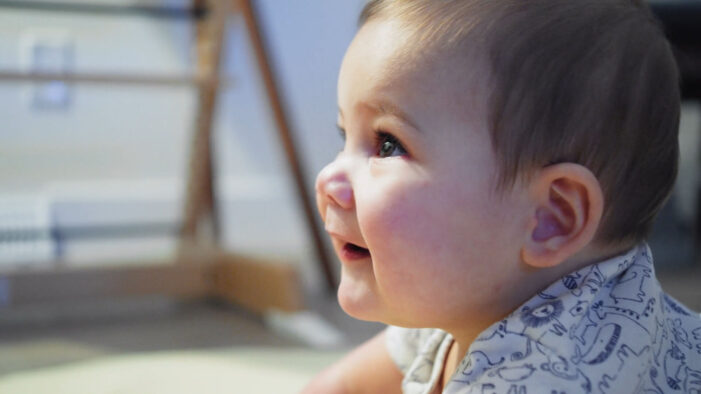
Babies learn to speak by listening and imitating the sounds they hear from you. Modeling speech sounds consistently helps your baby practice forming words and eventually speaking them. Your baby needs to hear how words are pronounced and how sounds are made to try them on their own.
Examples
- Regularly say simple sounds and words like “baba,” “mama,” and “gaga.” Emphasize the sounds you want your baby to try and repeat.
- When your baby babbles, respond by repeating those sounds back to them, then introduce a new sound or word. For example, if they say “ba,” you can say “ba-ba” and then “ball.”
6. Create Opportunities to Communicate
Encourage your baby to communicate by creating situations where they need to use words to express their needs or wants. This technique involves giving your baby a reason to use words, which motivates them to try speaking.
Examples
- Place a favorite toy just out of reach and wait for your baby to indicate they want it. Once they reach or point, prompt them to say “toy” or “ball.”
- Offer your baby a choice between two items, like an apple and a banana, and encourage them to say the name of the one they want.
7. Encourage Babbling and Sound Imitation

Babbling is a natural part of your baby’s language development, and encouraging it is key to helping them move towards speaking actual words. By engaging with your baby’s babbling, you reinforce their attempts at communication and help them learn how to form words.
Examples
- Engage in “conversations” with your baby by responding to their babbles. If they say “ba-ba,” respond with “ba-ba, that’s right!” and then introduce a new word or sound.
- Use toys that make sounds, such as musical instruments, to encourage your baby to imitate the sounds they hear. This playful interaction helps them explore different sounds and begin to understand how to use their voice to make words.
FAQs
What are the signs that my baby is ready to start speaking?
Some signs that your baby might be ready to start speaking include increased babbling, showing interest in listening to others talk, trying to imitate sounds, and responding to their name. They may also begin using gestures, like pointing, to communicate what they want.
How can I tell if my baby is having difficulty with speech development?
If your baby is not babbling by 9 months, not responding to their name by 12 months, or not saying any words by 16 months, these could be signs of a speech delay. It’s important to consult with a pediatrician if you have concerns about your baby’s speech development.
Does using baby sign language delay speech development?
No, using baby sign language does not delay speech development. In fact, it can enhance communication skills by giving your baby a way to express themselves before they can speak. It can also reduce frustration and encourage verbal communication as they begin to associate words with signs.
How much should I talk to my baby each day to encourage speech?
Talking to your baby throughout the day is beneficial for their language development. There isn’t a specific amount of time required, but aim to narrate your daily activities, describe what you see, and engage in responsive conversations to expose your baby to as much language as possible.
When should I introduce books to help with language development?
You can start introducing books as early as a few months old. Choose books with simple pictures and repetitive phrases. Reading to your baby regularly helps them develop a love for language, recognize patterns, and understand the rhythm of speech, all of which are important for developing first words.
Last Words
Helping your baby reach the milestone of their first words is a rewarding journey that requires patience, consistency, and the right techniques. By incorporating these best practices into your daily interactions, you create a nurturing environment that supports your baby’s language development.
Remember that every baby develops at their own pace, so celebrate the small victories along the way and stay engaged in the process. Your consistent efforts will not only help your baby speak their first words but also lay the foundation for their future communication skills.
